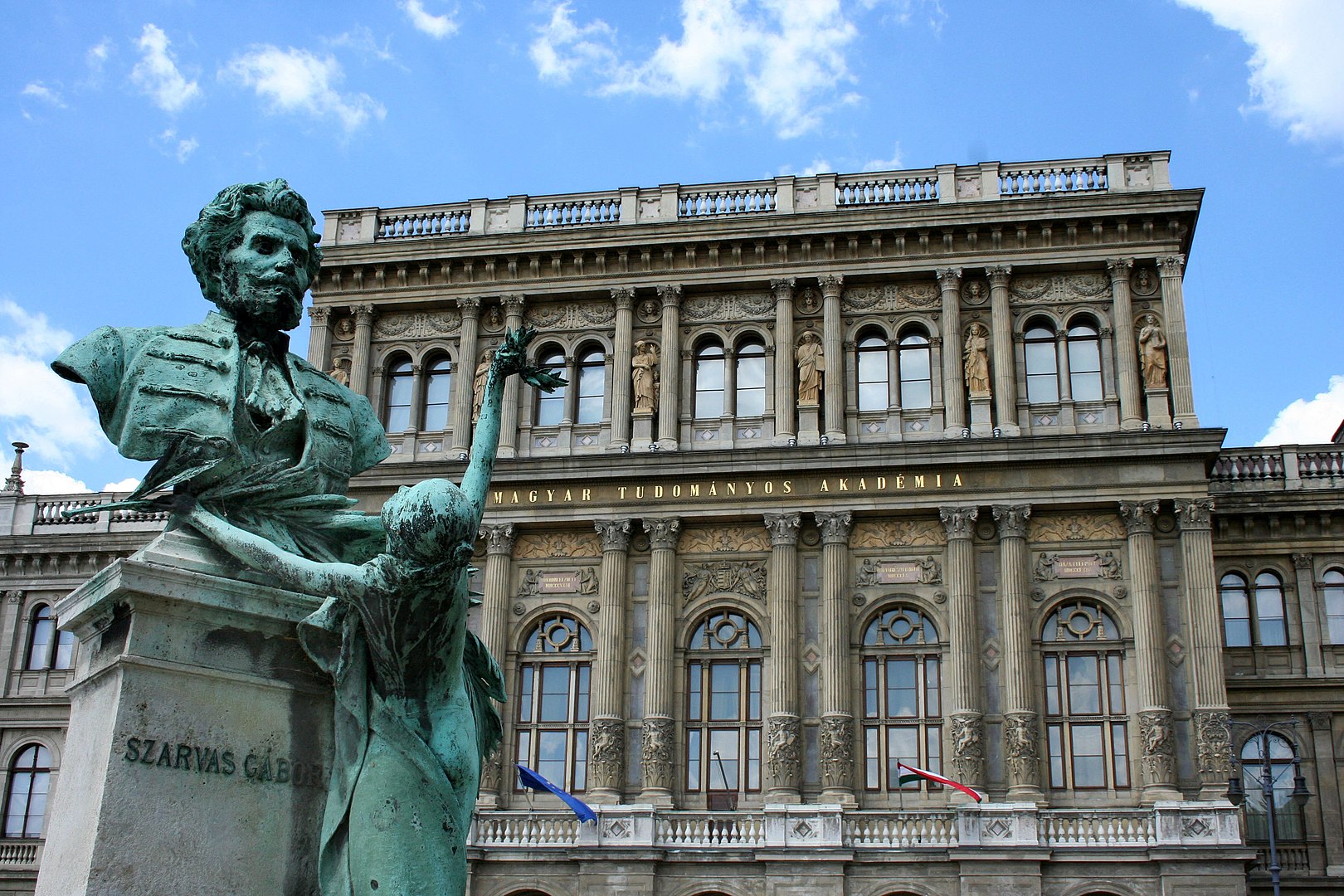
Muography can contribute to a better understanding of the various signs of volcanic activity.Continue reading

The Ministry of Culture and Innovation has announced that Hungary will celebrate 2025 and 2026 as the Year of Hungarian Science, marking the 200th anniversary of the founding of the Hungarian Academy of Sciences and its Library.
The initiative aims to highlight Hungary’s scientific achievements and enhance the role of Hungarian science on the global stage. The ministry, in cooperation with the National Innovation Agency, the Hungarian Research Network (HUN-REN), and key educational institutions, will organize a series of programs with active involvement from Hungarian and international scientific communities.
According to the ministry’s statement, the bicentennial celebration presents a valuable opportunity to recognize both historical and contemporary successes in Hungarian science.
Minister of Culture and Innovation Balázs Hankó noted that this milestone would help bolster Hungary’s scientific community, with special support from Nobel Prize laureate Professor Ferenc Krausz, who is working to elevate Hungary’s reputation in scientific research.

Ferenc Krausz. Photo: Hungary Today
Katalin Karikó, who was awarded the Nobel Prize alongside Professor Krausz as a fellow Hungarian, spoke at the University of Szeged’s Innovation Day, underscoring the importance of presenting scientific achievements to the public and inspiring young people.
She emphasized the long, often challenging journey from research to practical applications, stressing the need for clear, accessible communication of scientific knowledge.
This celebration not only commemorates two centuries of Hungarian scientific heritage, but also aims to inspire future generations and strengthen international collaborations. With events focusing on Hungary’s contributions to global science, the Year of Hungarian Science promises to be a meaningful period for national and international scientific communities.

Relief on the building of the Hungarian Academy of Sciences depicting Count Széchenyi’s donation. Photo: mta.hu
The Hungarian Academy of Sciences and its Library were founded in 1825, led by Count István Széchenyi (1790-1860), who donated his year’s income to promote Hungarian culture and science. This foundation was pivotal in advancing Hungarian science and integrating the country into Europe’s cultural and intellectual movements, reinforcing Hungary’s role in European enlightenment and scientific thought.
Via MTI; Featured Image: Wikipedia